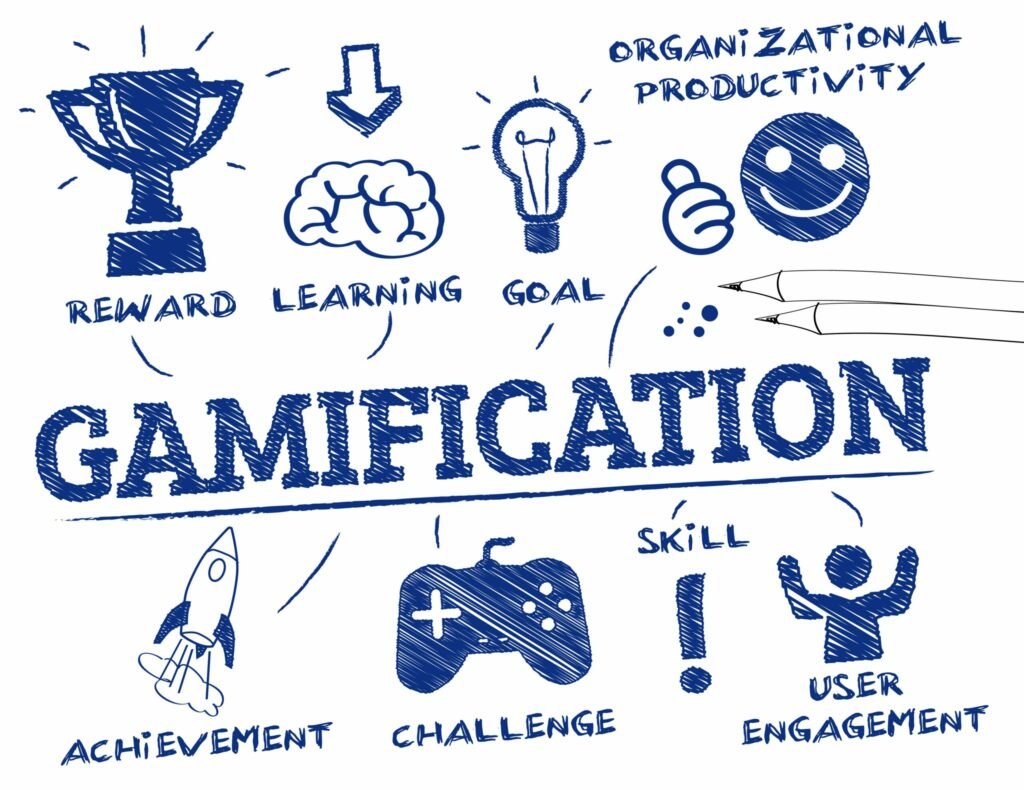Not only since the corona pandemic video games – according to Al Gore the “New Normal” (Tsai 2017) – are becoming increasingly relevant in our digitised society. Various forms of community building (Taylor 2003; Pearce, Artemesia 2009; Quandt, Kröger 2014), peer-to-peer exchange, DIY practices (e.g. Bulok, Lemieux 2017: 35-41), formation of new communicative and cooperative skills (Payr 2008; Sharritt; Aune, Suthers 2011; Hewet 2020) and negotiation practices, and game-based trust-building strategies (e.g. via Among Us) as well as leadership qualities (Salovaara et al. 2005) bear witness to this development. Nevertheless, the socio-cultural potential of games as an everyday practice is still neglected in favor of other research foci like narrative structures and aesthetic value (Denizel, Sansal, Tetik 2021), identity constructions (e.g. Gray, Voorhees, Vossen 2018), addictive dimensions (Griffiths, Pontes 2020) or effects on violent behavior (e.g. Ferguson 2018). With our Summer School we want to bridge this research gap: Based on our common interest in playful social interactions in the context of cooperative (online) games, we propose to explore how the social, creative and at the same time productive potential in the practice of games can be theoretically grasped, cooperatively applied, and further developed in processes of co-creation (Banks 2013). By focusing on the social-cooperative potential of play, the Summer School will counteract an increasing social polarization on a scientific and intercultural level and promote empathy and alternative perspectives on a phenomenon that is often misunderstood.
Students (B.A./M.A.), PhD students and teachers from various disciplines interested in research on digital games (media, cultural and social sciences as well as computer science, etc.) will cooperate and explore the potential of (online) gaming in theory and practice and apply the knowledge thus acquired in different forms of co-creative gaming sessions together with experts from game development, game design and game production. In close cooperation with the Media Lab, the GameLab and the Binational Center for Qualitative Methods at the University of Konstanz, we offer a combination of on- and offline teaching and practical courses.
Read more and find the full details here: https://archive.erua-eui.eu/wp-content/uploads/2022/01/Call-for-Application_Social-Gaming-Summer-School-2022.pdf

